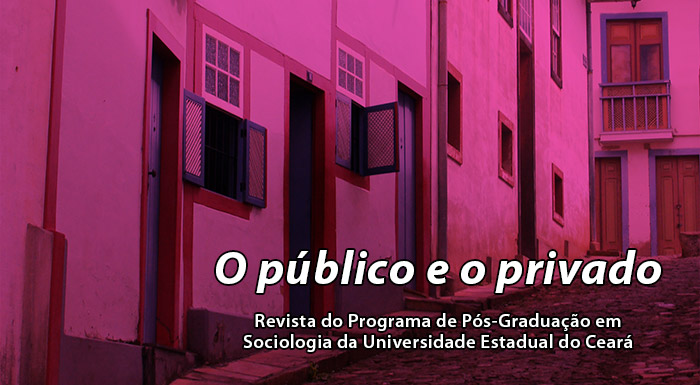A dimensão micropolítica das emoções e a (re)organização social indígena Pitaguary (CE)
Resumo
Este artigo tem o objetivo de analisar, a partir de pesquisa etnográfica e postura reflexiva, a construção de uma linguagem cultural das emoções e das moralidades entre os indígenas Pitaguary (CE) em um contexto de disputas faccionais internas. Procuro relacionar as emoções em suas diferentes linguagens, como a performática, discursiva e política – dando atenção especial a esta última. As emoções e a política estariam assim estreitamente relacionadas, automodelando as lideranças, suas práticas, performances e agências. A partir de uma perspectiva antropológica processualista, ressalto dinâmicas sociais internas Pitaguary, como o estabelecimento de dois grupos faccionais opostos e o falecimento do então cacique do povo, contribuíram para que a dimensão das emoções funcionasse como canalizadora de um engajamento politico. As emoções, portanto, surgiram como importantes dados empíricos para analisar conflitos, alianças e redes entre lideranças. Dessa forma, percebemos como as emoções têm a capacidade de atualizar, na vivência subjetiva dos indivíduos, aspectos de nível macro da organização social, o que Coelho (2010) chama de “micropolítica”. Por fim, levanto a tese de que a constituição, ao longo dos anos, de “comunidades emocionais” (JIMENO, 2010) é uma forma dos Pitaguary, bem como do movimento indígena, se contraporem ao faccionalismo interno.











